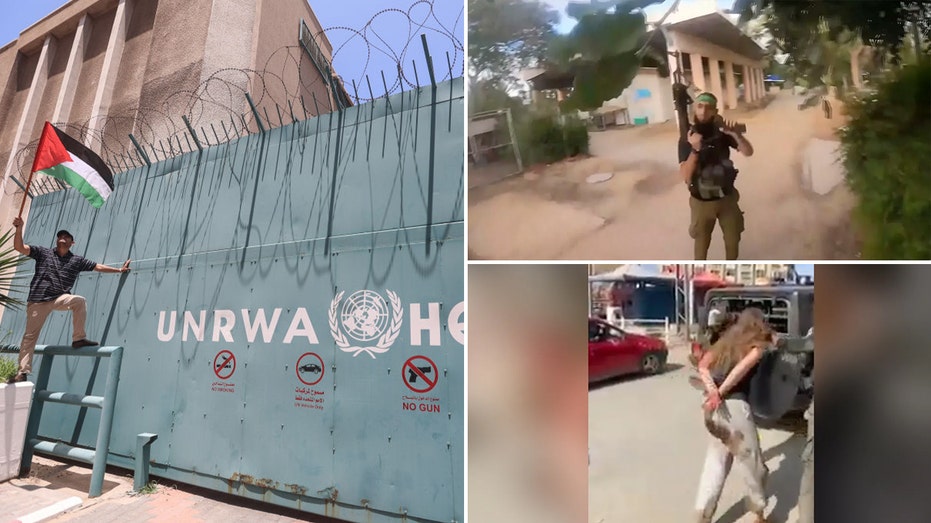The Israeli parliament has recently enacted a controversial move by voting to ban the United Nations Relief and Works Agency for Palestine Refugees in the Near East (UNRWA), citing alleged ties to terrorist activities. This decision has sparked substantial international condemnation and raised serious concerns about the future provision of services to Palestinian refugees.
UNRWA, established in 1949, has been a pivotal organization in providing education, health care, and relief services to millions of Palestinian refugees across the Middle East. Critics of the agency within Israel argue that UNRWA perpetuates the Palestinian refugee problem and accuse it of being complicit in incitement against Israel, including facilitating a climate that enables potential terrorism. The move to ban the agency falls in line with these longstanding concerns, which Israeli officials claim compromise national security.
Despite these allegations, UNRWA has consistently denied any involvement in or endorsement of terrorism. The organization insists that its activities are solely humanitarian and developmental, focusing on improving the welfare and quality of life for refugees. UNRWA officials have called the ban unprecedented and a direct attack on their mission to support vulnerable populations.
The international community has reacted strongly to the Israeli parliament’s decision. The European Union and several member countries have voiced their disapproval and called for dialogue to resolve the issue. They expressed concern that cutting off UNRWA’s operations could exacerbate the humanitarian crisis in Palestinian refugee areas and destabilize the region further.
Furthermore, various non-governmental organizations and human rights groups have joined the chorus of dissent, stressing that restricting UNRWA’s activities threatens the educational and healthcare opportunities of refugee communities. They have urged Israel to reconsider the ban and engage in constructive communication with international partners to address security concerns without compromising humanitarian support.
In response, Israeli officials have reiterated their position, emphasizing the need to dismantle infrastructures that they believe foster anti-Israeli sentiments and terrorism. They maintain that their stance is solidly predicated on national security imperatives and the resolution to safeguard Israeli citizens.
Meanwhile, Palestinian authorities have condemned the ban as an escalation of measures against Palestinian refugees, accusing Israel of aiming to dissolve the rights of these individuals by targeting UNRWA. They argue that the ban constitutes a violation of international law and humanitarian principles.
As this situation unfolds, the broader implications of Israel’s decision remain to be seen. The international response, including any potential diplomatic or economic consequences, alongside UNRWA’s future operations in the region, will significantly influence the political landscape in the Middle East. Stakeholders on all sides continue to closely monitor developments, understanding that the stakes extend far beyond a single agency, touching upon the enduring conflict and the often tenuous efforts toward peace.
































